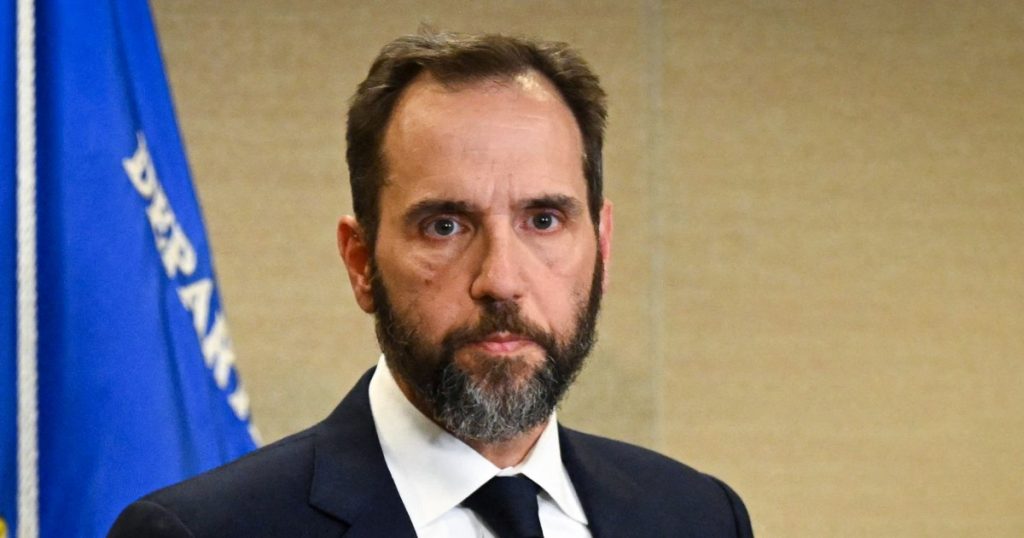Special counsel Jack Smith strongly criticized a recent order by the judge presiding over the case of former President Donald Trump’s alleged mishandling of classified documents. He argued that Judge Aileen Cannon’s request for jury instructions based on two competing scenarios was fundamentally flawed and could potentially lead to a directed verdict in Trump’s favor. Smith urged Cannon to promptly decide whether the legal premise in question is correct and indicated that federal prosecutors would appeal if the judge rules against them.
Cannon’s order directed Trump and the special counsel to submit jury instructions concerning the Presidential Records Act in relation to the charges brought against Trump under the Espionage Act. The first scenario allows the jury to determine which documents Trump retained are personal or presidential under the act, while the second scenario assumes that presidents have sole authority to lawfully retain documents by declaring them as personal or presidential records. Smith’s team argued that both scenarios are based on a flawed legal premise that the Presidential Records Act determines whether a former president is authorized to possess classified documents under the Espionage Act.
The Presidential Records Act requires the return of presidential records at the end of a president’s term but allows them to keep personal records containing highly personal information. Trump’s lawyers maintained that the act gives him the authority to decide whether a record is personal or presidential, regardless of classification markings. They argued that if Trump designates a document as a personal record under the act, its classification status is not relevant to the evaluation of whether the government has met its burden of proof. Smith’s office countered Trump’s defense as pure fiction and noted that Trump had not designated the records as personal while he was president, despite claiming to have done so after leaving the White House.
The prosecution highlighted during its investigation that no evidence showed Trump had designated the documents as personal while he was president. Trump and his attorneys repeatedly referred to the documents as presidential records even after he left office. Trump’s lawyers suggested in their proposed jury instructions that the government must prove beyond a reasonable doubt that Trump knowingly acted and did not do so because of a mistake or accident. The intent with which an act is done can be inferred from a person’s words, actions, and conduct at the time of the occurrence of events.
Trump faces multiple charges in the classified documents case, including willful retention of national defense information, false statements, conspiracy to obstruct justice, and corruptly concealing documents. He has pleaded not guilty to all counts, as have his co-defendants Walt Nauta and Carlos De Oliveira. In February, Trump moved to dismiss the indictment, arguing that he cannot be prosecuted based on presidential immunity. Cannon denied Trump’s motion to dismiss the case as constitutionally vague and expressed skepticism over his lawyers’ argument for dismissing the case based on the Presidential Records Act.


